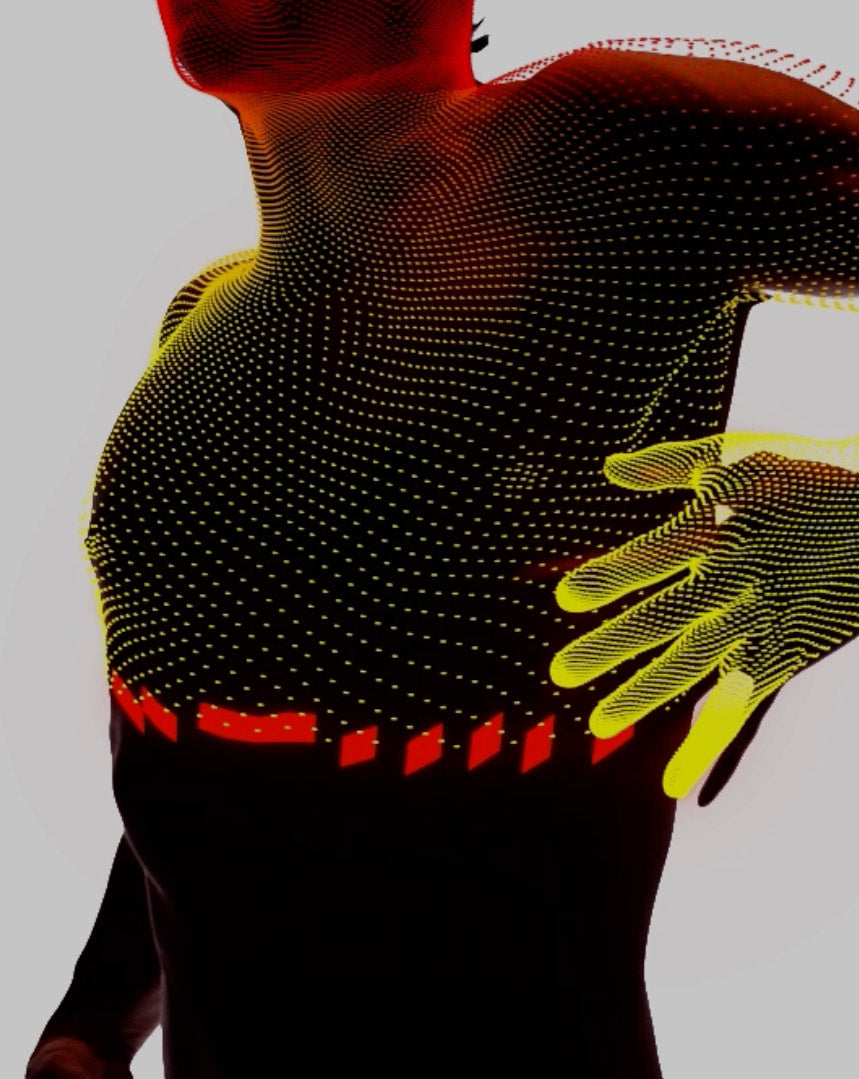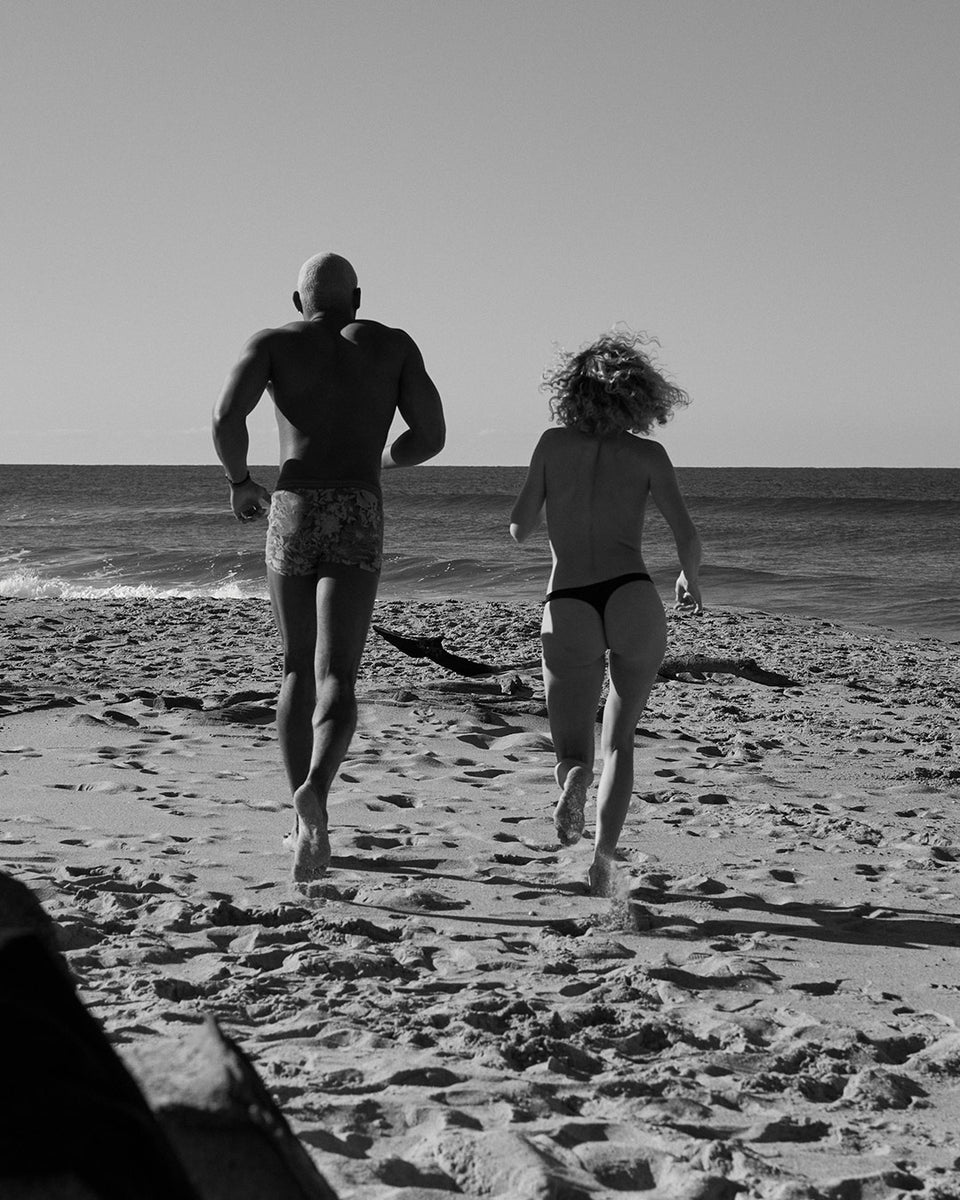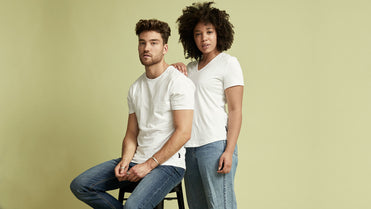Business, like life, is a journey. The first steps are always the hardest, fraught with an endless stream of decisions mixed with the frustration of never moving fast enough. Decisions made during those first months are often exciting, but not always fit for purpose on closer inspection years later.
One of our core values here at Citizen Wolf is ‘continuous improvement’, otherwise known as kaizen, the Japanese philosophy made famous by Toyota after WW2. We are constantly improving processes within the factory to deliver quality, custom-made products faster than ever before.
And we apply that same thinking to our product. So whilst we stand by everything we make with free repairs for life, we’re also never quite satisfied that the product cannot be improved...
And so it was with our neck labels, which have gone full circle, and are now back to being naturally biodegradable organic cotton – the second last step on the road to 100% biodegradability.
FROM ORGANIC COTTON TO POLYESTER. AND BACK AGAIN.

Our first instinct – and indeed our first run of neck labels back in 2016 – were organic cotton. Unfortunately they were of the ‘mitred’ variety and folded up (and out) the back neck after going through the wash. A quick iron would set them back in place, but honestly who has time to iron?
So we went back to the drawing board. After much discussion with our supplier, we were advised to move to polyester labels which would better keep their shape after washing. After sampling and testing, we confirmed that polyester labels did in fact solve that problem, and in 2018 we changed our tags.
But in hindsight, we were applying only one filter to the decision, when in fact it should've been a more nuanced decision across all dimensions important to our business.
Because although we didn't know it at the time, more than 330 million barrels of oil are used to make polyester and other synthetic textiles every year – the equivalent of more than 21,000 Olympic swimming pools!
Even though each of our neck labels was a mere few grammes, we knew we couldn't add to that problem. Plus there's that other little problem of microplastics, but that's a whole other story...
THREADS ARE THE FINAL 0.4%

The job of kaizen is never finished by definition, and our next (and hopefully final) step to creating a 100% compostable Tee is to change our threads away from the industry-standard Rasant 120.
Made in Germany by the Amann Group, Rasant is suitable for a wide range of machines and famous for its consistency, durability and tensile strength. No surprise, because it has a polyester core – great for strength, not so great for Mother Earth.
The alternative is Tencel thread, and our friends at A.BCH have done amazing work sourcing global suppliers for this niche product. The only downside is colour. Currently, Tencel is a bit like the Henry Ford of threads: you can have any colour so long as it’s black (or white, or maybe navy).
Thing is, colour is an extremely important part of what we do here at Citizen Wolf and something we are not prepared to compromise on. At the same time, we’re not exactly big enough to be order custom thread colours whose MOQs run into millions of metres (really).
We have toyed with the idea of having some Tencel threads and filling the colour gaps with Rasant, but it’s inelegant and unnecessarily complex running multiple supply chains for the same thing…
But I have no doubt that we’ll solve this in the future. Until then, we can only hope to make the best decision for the moment, knowing full well that we are always lacking data and context, but needing to move forwards regardless.
This is not the first time, nor will it be the last, that we back track on a decision.
And that makes us extremely happy.







